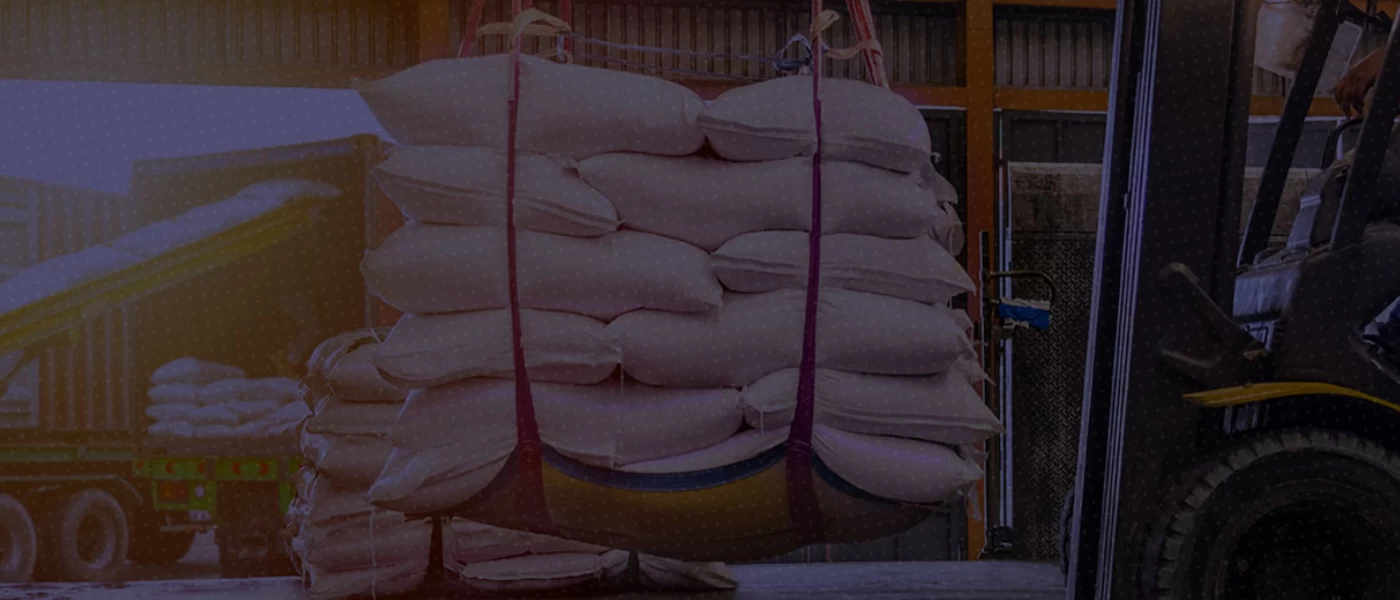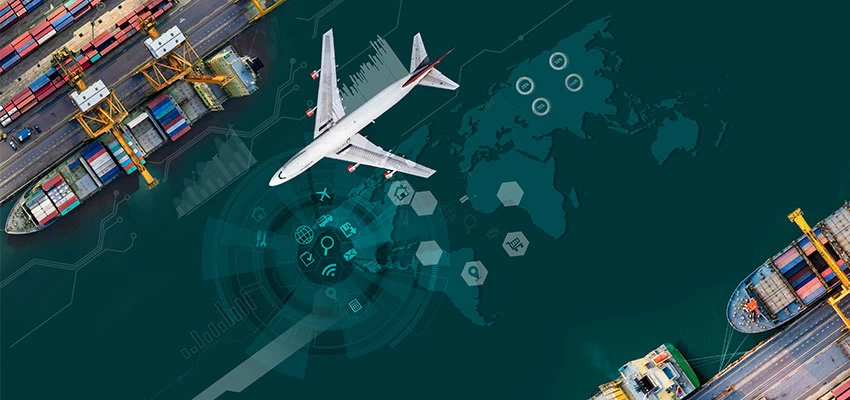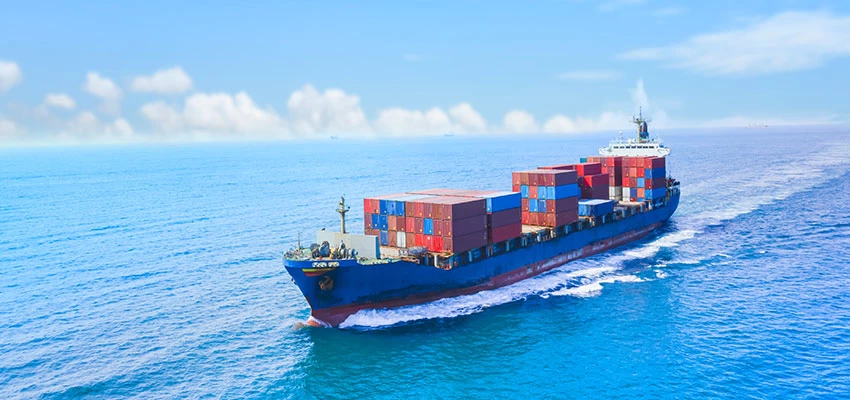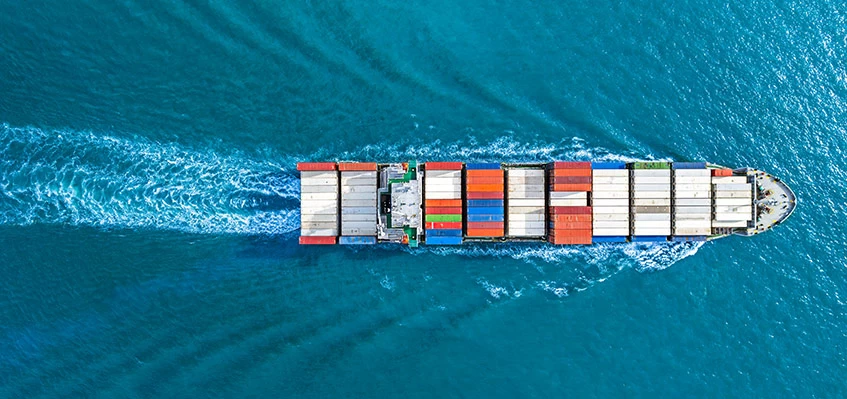Introduction
On 14 December 2021, a dispute settlement panel of the World Trade Organization (‘WTO’) circulated its report concerning the subsidies allegedly granted and maintained by India in respect of sugar domestically produced and exported from India. The panel proceedings were initiated subsequent to three separate complaints initiated in July 2019 by Brazil (WT/DS/579), Australia (WT/DS/580), and Guatemala (WT/DS/581) against India. Interestingly, one of India’s concerns was that these three countries themselves provide and maintain subsidies for their respective sugar sectors. This article discusses key aspects of the verdict pronounced by the WTO panel in India — Measures Concerning Sugar and Sugarcane (WT/DS/579/580/581).
Examination of domestic support to the sugar sector
The complainants launched their attack primarily on the basis that India was violating Article 7.2(b) of the Agreement on Agriculture (‘AoA’) by providing domestic support to its sugar sector in excess of the de minimis limit, i.e., 10% of the value of sugar production in a sugar season. An interesting threshold issue that arose before the panel was whether India’s system of providing support in the form of Fair Remunerative Prices (‘FRP’) and State Administered Prices (‘SAP’) that were paid by the sugar mills to the sugarcane farmers could be considered ‘market support’ under Annex 3 (Domestic support – Calculation of Aggregate Measurement of Support) to the AoA.
India argued that there was no question of any support being provided by it since there was no budgetary outlay or revenue foregone by the government or its agents. It was argued that it is the sugar mills that procured sugarcane from the farmers and paid the support in the form of FRP and SAP to the farmers.
Rejecting India’s arguments, the panel ruled that mandatory minimum prices fixed by the government but payable by private entities would also constitute ‘market price support’ in terms of Annex 3 to AoA. The panel did not find any provisions in Annex 3 which imposes limitations on the scope of the phrase ‘market price support’ by a government.
Relying on statistics from Indian Statistics Ministry, the panel estimated the value of sugar production and calculated India’s Aggregate Measurement of Support (‘AMS’) which included (i) the market price support (the FRP and SAP); (ii) the product-specific direct payments made by various state governments, and (iii) other non-exempt support – for the five sugar seasons / marketing years: 2014-15; 2015-16; 2016-17; 2017-18; and 2018-19.
The panel’s analysis showed that India’s AMS for sugar was around ten times more than the de minimis value of sugar production defined under Article 6.4 of the AoA for each of the sugar seasons. The panel seemingly had no difficulty in concluding that India was violating the AoA’s provisions which prohibit grant of subsidies for the sugar sector.
Examination of export subsidies provided to the sugar sector
The second key issue the panel examined was the export contingent subsidies provided to the sugar sector. The panel was faced with claims of inconsistency of these export subsidies under both the AoA and the Agreement on Subsidies and Countervailing Measures (‘SCM Agreement’). The claims before the panel concerned four programs - India's Production Assistance Scheme, Buffer Stock scheme, Marketing and Transportation Schemes, and the Duty-Free Import Assistance Scheme.
Article 8 read with Article 3.3 of the AoA expressly prohibit WTO Members from providing export subsidies otherwise than in conformity with the AoA and with the commitments as specified in each Member’s Schedule of Concessions. Since India did not specify any commitments for export subsidies concerning the sugar sector in its Schedule of Concessions, the panel found that the four schemes provide subsidies in violation of Article 3.3 and Article 8 of the AoA Agreement.
Under the SCM Agreement, the complainants challenged India’s provision and maintenance of export subsidies concerning sugar. India argued that, under the provisions of Article 27.2 (b) read with Annex VII of the SCM Agreement, it was entitled to maintain export subsidies for a transition period of eight years from the time it ‘graduated’, i.e., its Gross National Product exceeded US$ 1000/per capita for three consequent years, i.e., 2015, 2016, and 2017. This was a ground that had already been examined by a WTO panel in the landmark decision on India’s export subsidy programs in India- Export Measures (WT/DS/534).
Similar to the panel’s decision in India- Export Measures, the panel in this dispute as well held that, under Article 27.2(b) read with Annex VII to the SCM Agreement, India was entitled to provide and maintain subsidies only till the time it graduated and was not entitled to any transition period.
Nonetheless, since the panel had already found India’s export support programs to be inconsistent under the AoA, it did not consider it necessary to examine the validity of these programs under the SCM Agreement.
Conclusion
Trade in agricultural products has been a very contentious issue at the WTO. The recent panel report has brought to the fore challenges with India’s system of providing and maintaining agricultural subsidies. However, since India has appealed the panel’s decision to the WTO, and the Appellate Body continues to remain dysfunctional due to absence of members to discharge its function, it will be a long time before this matter can be conclusive determined at the WTO.
This is also the second time in the last two years that India’s subsidy programs have been assailed at the WTO. It remains to be seen how the Government of India will address the issues identified in the dispute given the political sensitivity of the issue domestically and the fact the issue becomes more complicated as agriculture is also a State subject.
[The author is a Principal Associate in WTO and International Trade practice team at Lakshmikumaran & Sridharan Attorneys, New Delhi]












